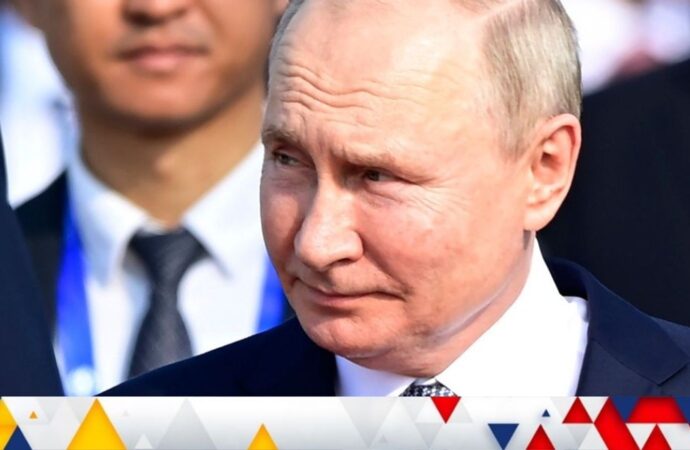The revocation of Russia’s ratification of the Comprehensive Nuclear Test Ban Treaty raises concerns about the future of nuclear disarmament and global security.
Amidst the ongoing conflict in Ukraine, Russia has officially withdrawn its ratification of the Comprehensive Nuclear Test Ban Treaty, a move that has significant implications for nuclear disarmament efforts and global security.
H2 Russia’s Withdrawal from Nuclear Test Ban Treaty Raises Concerns for Global Security
In a surprising development, Russia has announced its withdrawal from the Comprehensive Nuclear Test Ban Treaty, a treaty that aims to ban any nuclear weapon test explosion or other nuclear explosion worldwide. Duma speaker Vyacheslav Volodin stated that Russia is revoking its ratification of the treaty in the “interests of ensuring the security of Russia.” This decision comes at a time when tensions between Russia and Ukraine are escalating, and the international community is closely monitoring the situation.
The Comprehensive Nuclear Test Ban Treaty, signed in 1996, has been ratified by 178 countries, including Russia, Britain, and France. However, the United States, Israel, and China have signed but not ratified the treaty, while India, Pakistan, and North Korea have yet to sign or ratify it. The treaty can only come into force once it is signed and ratified by 44 named countries, including the nine countries with nuclear weapons and 35 others with nuclear power and research reactors.
Russia’s withdrawal from the treaty raises concerns about the future of nuclear disarmament efforts. The treaty plays a crucial role in preventing the testing of nuclear weapons, which not only poses a significant threat to the environment but also increases the risk of nuclear proliferation. By renouncing its commitment to the treaty, Russia sends a message that it may no longer abide by international agreements aimed at curbing the development and testing of nuclear weapons.
Russian officials have emphasized that the revocation of ratification does not indicate any intention to test a nuclear bomb and is merely bringing Russia in line with the US position. However, this decision still raises questions about Russia’s commitment to disarmament and its overall stance on global security issues.
The withdrawal from the Comprehensive Nuclear Test Ban Treaty comes at a time when the world is grappling with multiple environmental challenges, including climate change and biodiversity loss. Nuclear weapons and the potential for nuclear testing have severe environmental consequences, including radioactive contamination and long-term health risks. The treaty serves as an essential tool in safeguarding the environment and promoting peace and stability.
As EcoReporter, it is crucial to highlight the potential environmental and security implications of Russia’s withdrawal from the Comprehensive Nuclear Test Ban Treaty. This development underscores the need for continued international cooperation and dialogue on disarmament and non-proliferation efforts. It is imperative that world leaders prioritize the preservation of the environment and work towards a safer and more sustainable future for all.









